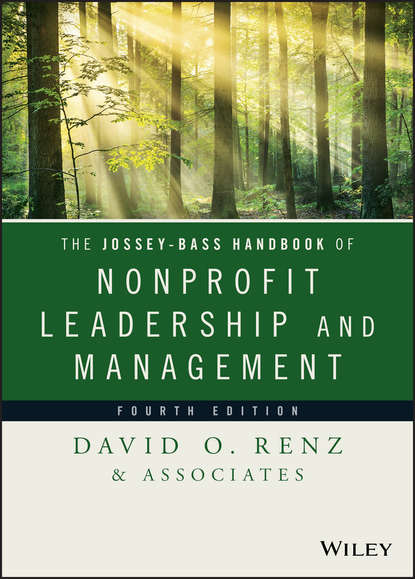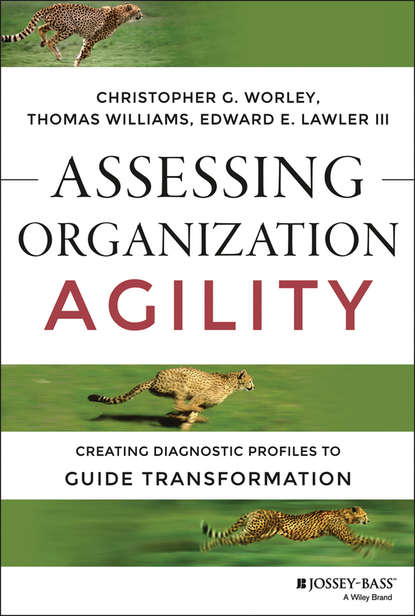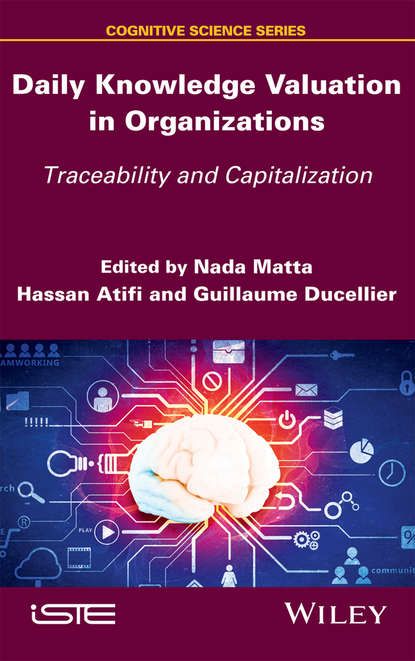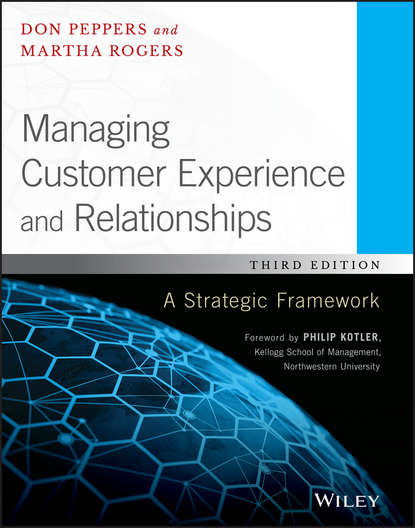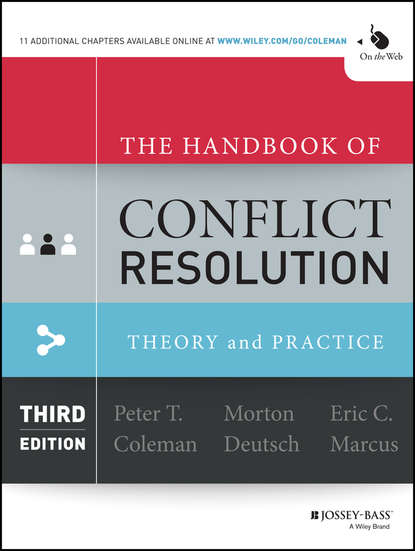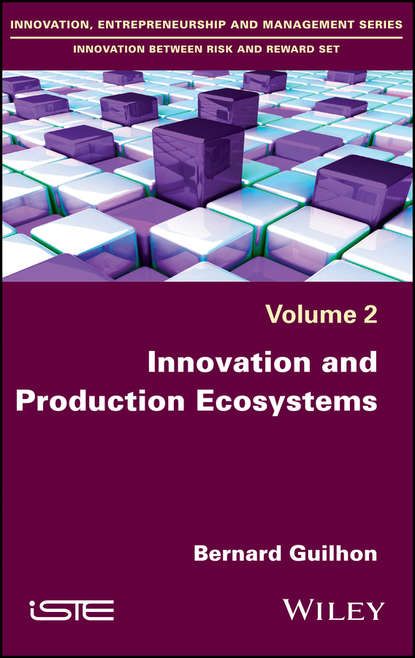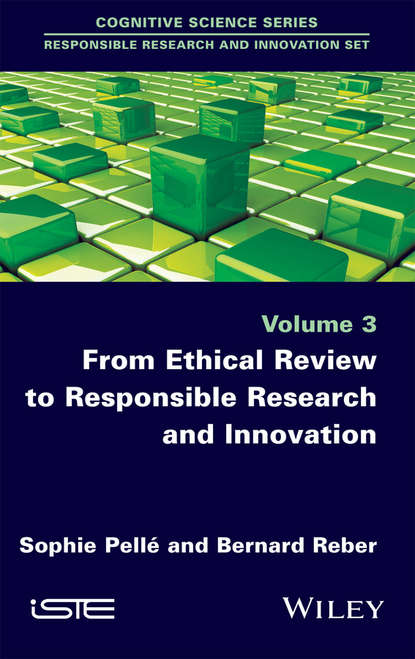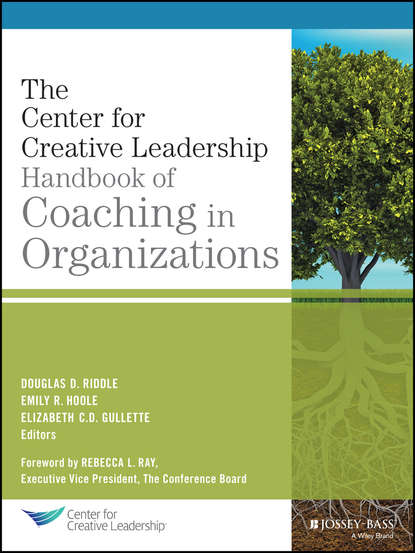Karen Sobel Lojeski - The Power of Virtual Distance

[b]This revised second edition presents 15 years of data on Virtual Distance metrics and their predictive impact on organizational success factors shedding new light on how to correct for communication challenges that often show up as a foggy set of digital disconnects where the vitality of the virtual workforce often gets lost in transmission.[/b] This still-evolving Digital Age conundrum continues to present new complications. The rise of remote work which rests on an increasing reliance on electronic communication and the overall growth of virtual interactions has led to the escalation of a phenomenon called Virtual Distance. Virtual Distance, which influences our behavior through three components Physical Distance, Operational Distance, and Affinity Distance affects not only how we relate to others thousands of miles away but even to co-workers sitting right next to each other! Perhaps even more problematic, Virtual Distance causes measureable malfunctions in teamwork, innovation, leader effectiveness and overall performance. But it doesn’t have to be this way. [b][i]The[/i][/b] [b][i]Power of Virtual Distance[/i][/b] offers specific, proven and predictable solutions that can reverse these trends and turn Virtual Distance into a unification strategy to capture untapped competitive advantage. Surprised? [i]The Power of Virtual Distance, 2nd Edition[/i] is a must-read for leadership who want to understand the true and quantifiable costs of the virtual workplace. For the first time ever, readers can take the guesswork out of managing the virtual workforce by applying a mathematical approach derived from the extensive Virtual Distance data set: The Virtual Distance Ratio. The Virtual Distance Ratio can precisely pinpoint the particular impacts of Virtual Distance on the organization’s critical success factors. Beyond business metrics, Virtual Distance solutions also detail ways to restore meaningfulness and well-being into people’s experience of work, enhancing life lived in the Digital Age. [b][i]The Power of Virtual Distance[/i][/b] reveals an updated set of data, including the first award-winning analysis, collected from an extended range of executives to individual contributors, that represent situations and solutions in more than 36 industries in 55 countries across the globe. Readers will get a “first look” at the data and its revelations on how to be less isolated and more integrated. Helping managers globally, this book: Offers new, real-world case studies and a chance for readers to participate in thought experiments to help with personal performance, group synergy and by extension, relationship dynamics of all kinds Demonstrates (with statistically significant trend analyses) that Virtual Distance is growing at exponential rates in every corner of communities worldwide Offers expert advice on how to manage the “unintended human consequences” of today’s digital technologies Companies that successfully harness the power of Virtual Distance demonstrate better performance. The second edition of [i]The Power of Virtual Distance [/i]is a valuable, one-of-a-kind resource for everyone – from the C-suite to human resource professionals; from divisional leaders to project managers. Everyone in the organization can benefit by discovering how to improve financials, innovation, trust, employee engagement, satisfaction, organizational citizenship and other key performance indicators. And perhaps best of all, by following the prescriptions on how to reduce Virtual Distance, the entire workforce will have the tools they need to bring about a revival of meaning, purpose and an enlivened sense of “humanhood” back into everyday work and everyday life.

